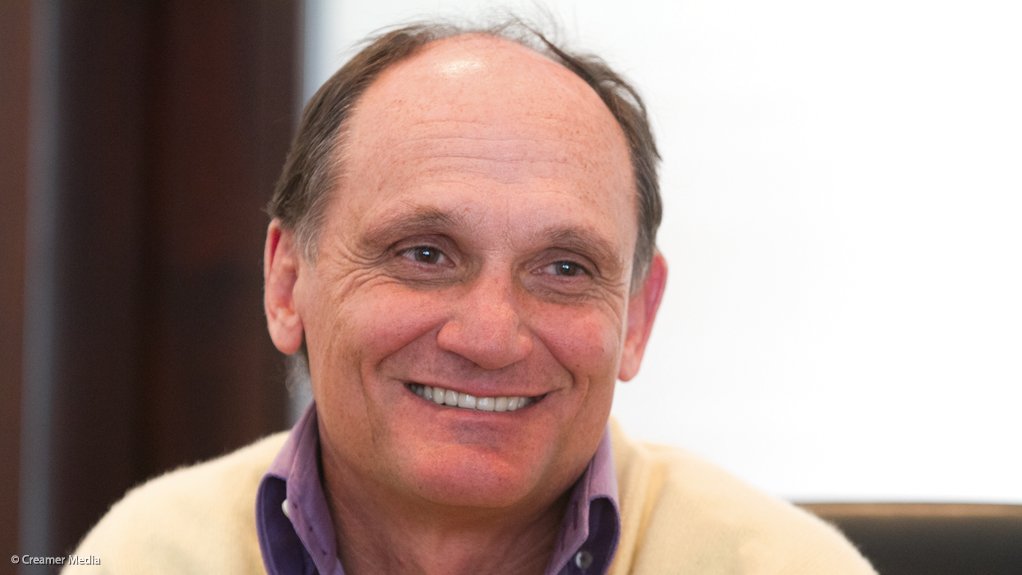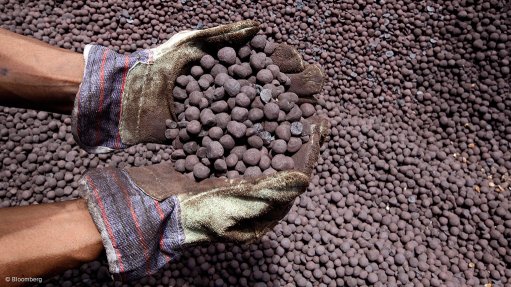Cell C lodges Competition Commission complaint against bigger rivals
South Africa’s third-largest operator Cell C has geared up for the next level of the battle to even the playing field with dominant mobile operators, taking MTN and Vodacom to the Competition Commission.
Cell C CEO Alan Knott-Craig said on Wednesday that Cell C had lodged a complaint against MTN and Vodacom for abusing their dominance in the market through the discrimination of on-net and off-net charges.
The smaller operator accused MTN and Vodacom of abusing their dominance, maintaining excessive pricing structures, enabling margin squeeze and other exclusionary acts related to on-net and off-net price discriminations, which was one of the reasons for market failure.
“The crux of the complaint relates to the manner in which the dominant incumbents discriminate between their on-net and off-net effective prices, which has a dramatic and direct impact on smaller operators’ ability to acquire new customers.
“The two dominant incumbents discount their effective on-net prices substantially while charging a premium for their customers to call off-net. This amounts to discriminatory pricing and is, without doubt, anticompetitive when adopted by dominant operators,” Knott-Craig said.
Speaking at the My Broadband Conference, in Midrand, he said he believed Cell C had a good case, citing examples in France where two operators were fined £183-million for their on-net/off-net pricing structure, despite having had this structure for two decades.
This comes as Knott-Craig warned that the new proposed mobile termination rate (MTR) glide path, announced by the Independent Communications Authority of South Africa (Icasa), on Friday, would only be the first step in correcting market failures.
Icasa last week introduced draft regulations stipulating further cuts in the MTR to 10c a minute over the next three years, with staggering cuts in asymmetry rates over a five-year period to 10c a minute, allowing smaller operators to gain traction in the market.
While the MTR cuts addressed the biggest single cost factor for operators, it was only “scene one of about seven scenes,” he said, explaining that more issues had to be dealt with.
The former Vodacom CEO, who took over as head of Cell C in April last year had embarked on a mission to grow Cell C’s market share to 25%, initiating a price war after suddenly dropping its prices to 99c a minute on per second billing, as MTRs reduced.
This, in turn, had stimulated industrywide price cuts, bringing down the cost to communicate by 50% over the past 12 months and reducing the domestic telecommunications sector’s value by R30-billion.
But the cost to communicate in South Africa still remained too high, with a lack of pricing power, despite a high penetration rate and increased competition.
Vodacom CEO Shameel Joosub agreed, noting that, while South Africa was not the most expensive in terms of communications, prices had to come down.
“The cellular industry was its own worst enemy; we created the high prices,” he said.
Vodacom was moving to quietly shift its existing customer base onto more cost-effective price plans now on offer for customers.
Vodacom and MTN also continued to enjoy 52.1% and 37.3% respectively of the market’s revenue share, while Cell C and Telkom Mobile lagged with 9.1% and 1.4% respectively.
“We built such good companies that we can’t crack them, or we couldn’t until a year ago. But, we are now seeing cracks, and we will crack them,” he quipped.
Cell C’s current turnover was less than Vodacom’s R12-million dividend payout and less than MTN’s earnings before interest, tax, depreciation and amortisation of R14-million for the financial year ended March.
The price cuts are also meant to give the company the edge required to gain traction in a stifled industry.
Knott-Craig commented, however, that the customer take-up of lower prices only accelerated nine months later, when customers “thundered at” Cell C, resulting in a strained network, despite extensive network infrastructure roll-outs over the previous 12 months.
Over the past 18 months, Cell C had gained a significant foothold in growing its customer base to the current 12.3-million. This compared with the nine-million customers generated since inception in 2002.
Cell C promised that its network would be able to sufficiently cater for all new and existing clients by the end of November as it speedily expanded its network.
“We built a network faster than we ever did when I was at Vodacom,” Knott-Craig said, explaining the measures taken to ensure efficient, quality coverage.
Of Cell C’s 4 210 sites covering South Africa, 1 250 were in Gauteng. Another 130 sites were being rolled out in the country’s most populous province, with almost 50 completed to date.
Capacity on the networks had increased 30% since January, with a target of 47% by end-November.
Comments
Press Office
Announcements
What's On
Subscribe to improve your user experience...
Option 1 (equivalent of R125 a month):
Receive a weekly copy of Creamer Media's Engineering News & Mining Weekly magazine
(print copy for those in South Africa and e-magazine for those outside of South Africa)
Receive daily email newsletters
Access to full search results
Access archive of magazine back copies
Access to Projects in Progress
Access to ONE Research Report of your choice in PDF format
Option 2 (equivalent of R375 a month):
All benefits from Option 1
PLUS
Access to Creamer Media's Research Channel Africa for ALL Research Reports, in PDF format, on various industrial and mining sectors
including Electricity; Water; Energy Transition; Hydrogen; Roads, Rail and Ports; Coal; Gold; Platinum; Battery Metals; etc.
Already a subscriber?
Forgotten your password?
Receive weekly copy of Creamer Media's Engineering News & Mining Weekly magazine (print copy for those in South Africa and e-magazine for those outside of South Africa)
➕
Recieve daily email newsletters
➕
Access to full search results
➕
Access archive of magazine back copies
➕
Access to Projects in Progress
➕
Access to ONE Research Report of your choice in PDF format
RESEARCH CHANNEL AFRICA
R4500 (equivalent of R375 a month)
SUBSCRIBEAll benefits from Option 1
➕
Access to Creamer Media's Research Channel Africa for ALL Research Reports on various industrial and mining sectors, in PDF format, including on:
Electricity
➕
Water
➕
Energy Transition
➕
Hydrogen
➕
Roads, Rail and Ports
➕
Coal
➕
Gold
➕
Platinum
➕
Battery Metals
➕
etc.
Receive all benefits from Option 1 or Option 2 delivered to numerous people at your company
➕
Multiple User names and Passwords for simultaneous log-ins
➕
Intranet integration access to all in your organisation




















